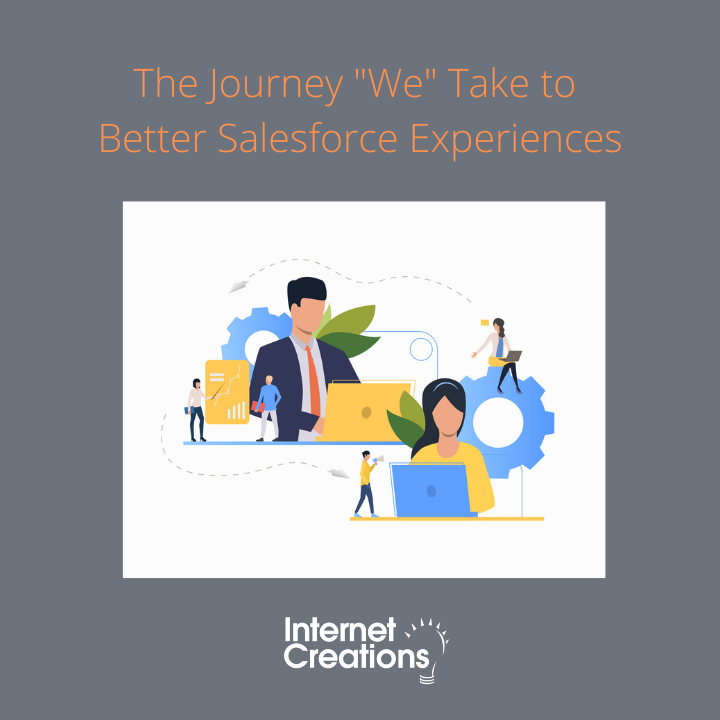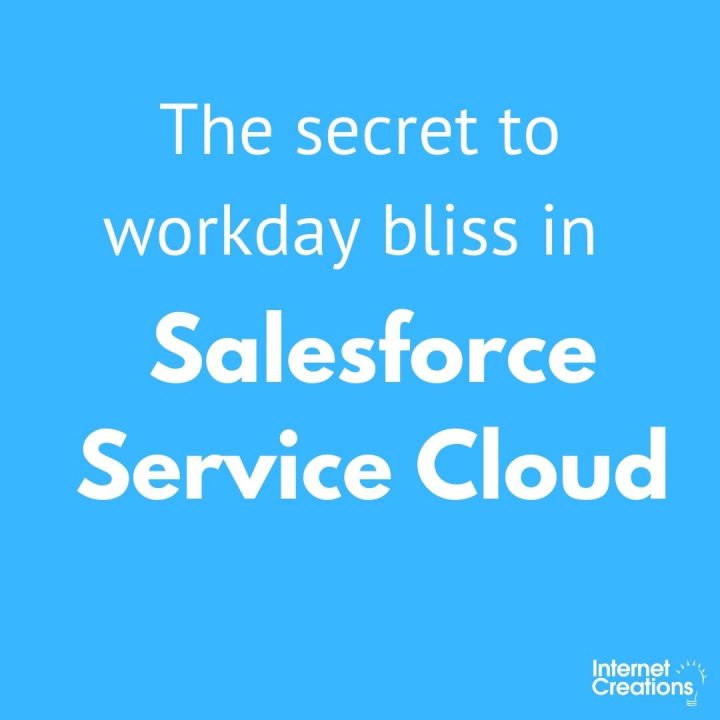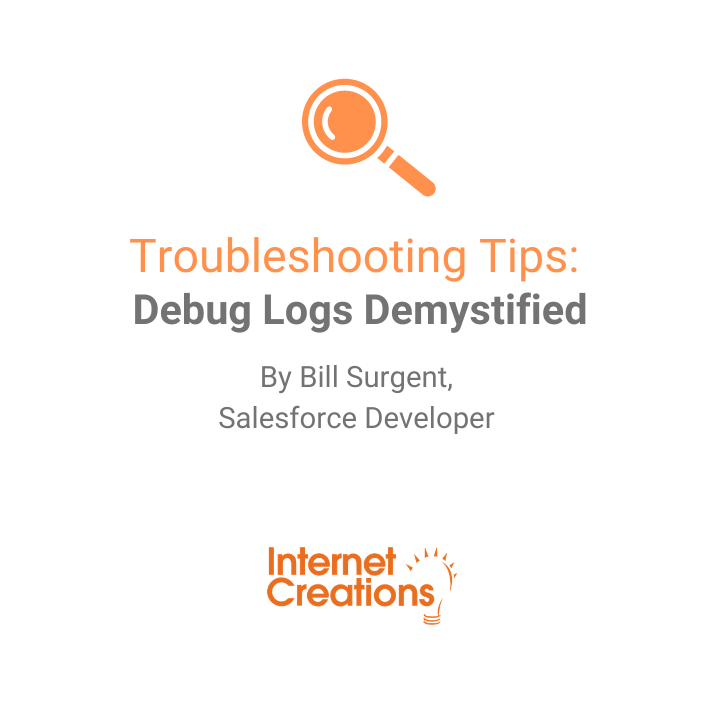3 Things to Ask Before Implementing Salesforce Community Cloud


Implementing a customer community or portal is a big decision, and narrowing down which tool to use and how to use it can be overwhelming. Before you dive in, ask yourself these three questions:
1. Why Salesforce Community Cloud?
Salesforce Community Cloud infuses your Salesforce data into your public-facing website, giving you control over the information you share with your users, and keeping all of your data in one central place. For example, you can expose Salesforce Knowledge articles on your website, which will help reduce your support call volume. Your customers can also collaborate with each other in a forum-like environment using Chatter.
With collaboration and data sharing this easy, customer satisfaction increases and you can reduce your cost of service.
Salesforce Communities have the ability to scale with your company as you grow. They are fully customizable, and mobile ready out-of-the-box.
2. Can I use an out-of-the-box community template, or will I need a custom-developed community?
Out-of-the-box community templates allow you to get started quickly. You can create, brand, and publish your community without the need for any custom coding. For more advanced data sharing and user experience enhancements, you have the option to add custom code to a community template. With the power of the Salesforce platform, custom-built communities give you full flexibility, allowing you to create a customer experience that best reflects your brand.
You can also build custom components that live within a community template. There are standard components that come included with templates, that you can drag and drop onto pages. However, there is a limit to how much you can customize their look and functionality (how they work and display data). But with custom components, the sky’s the limit!
Depending on the level of complexity, building a custom-built customer community may require extensive Salesforce admin and developer skills. It boils down to your organization’s unique needs. You may opt to start with an out-of-the-box community template to get up and running fast, and then update it in phases to add more custom functionality for the benefits of your customers.
3. Should I work with a Salesforce Partner?
Salesforce partners have a wealth of knowledge and experience building enterprise applications on the Salesforce platform. If you have an in-house team of Salesforce developers, you may be able to roll out a customer community yourself. But you may want to consult with a Salesforce partner to take advantage of all of the knowledge and experience they have, and get help with:
- Selecting the appropriate community licenses
- Setting up a security model and moderation rules
- Optimizing the user experience
- Building engagement and management reports and dashboards
- Implementing business process improvements and automating low-value tasks
- Training community managers and moderators
At Internet Creations, our Salesforce experts used Salesforce Community Cloud to increase our Net Promoter Score (NPS) from 91 to 94, and cut overheard by $105K while achieving 3X revenue growth.
Salesforce Success Story
- Using Design Thinking for More Productive Brainstorming - August 21, 2019
- 3 Things to Ask Before Implementing Salesforce Community Cloud - April 5, 2018
- 4 Ways Simple Survey Increases Response Rates - March 23, 2017


